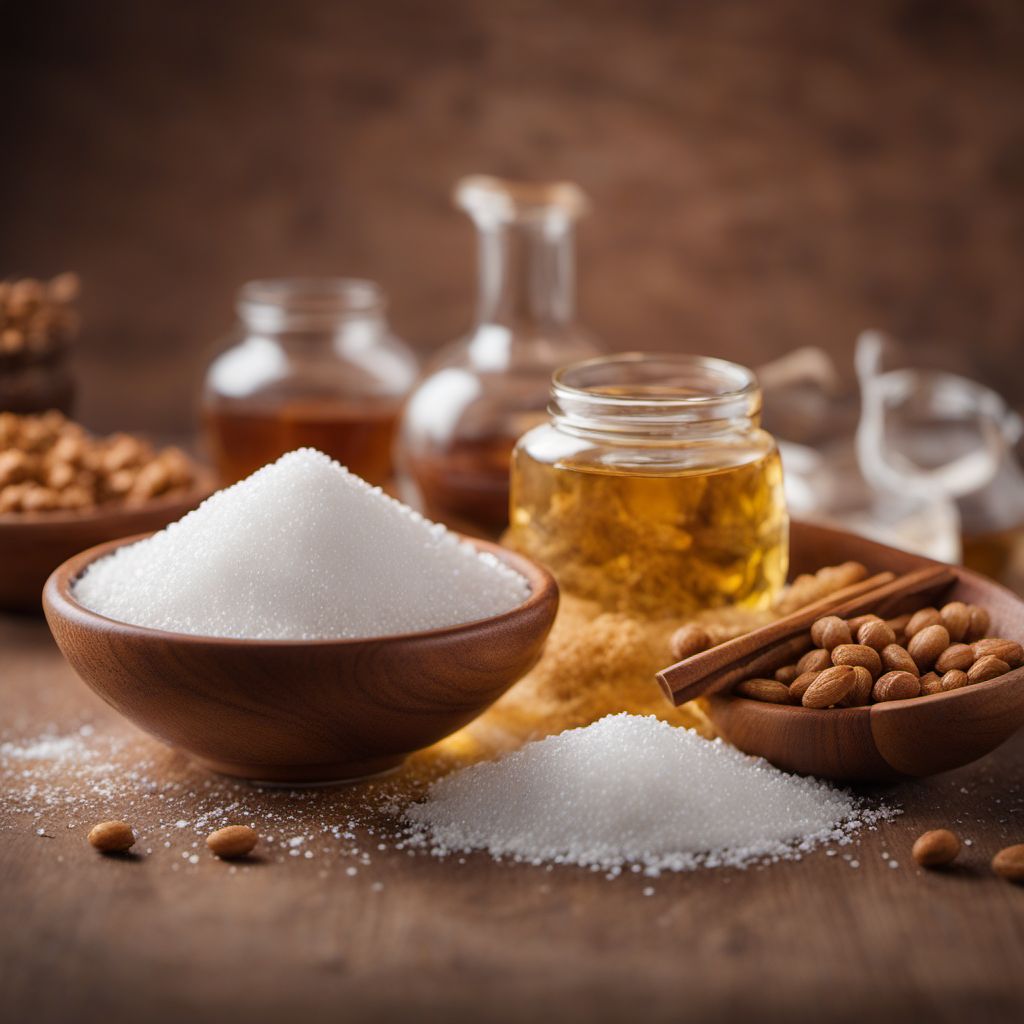
Ingredient
Artificial sweeteners (e.g., aspartam, saccharine)
The Sweet Side of Science: Unveiling the World of Artificial Sweeteners
Artificial sweeteners are synthetic sugar substitutes that are intensely sweet, often hundreds of times sweeter than sugar itself. They come in various forms, including aspartame, saccharine, and sucralose, and are commonly used in diet sodas, sugar-free desserts, and other low-calorie products. These sweeteners provide a similar taste to sugar without the added calories, making them a popular choice for individuals looking to manage their weight or control their blood sugar levels. While they offer a convenient alternative, some people may find that artificial sweeteners have a slightly different taste or aftertaste compared to natural sugar.
Origins and history
The development of artificial sweeteners can be traced back to the late 19th century when saccharine, the first commercially available artificial sweetener, was discovered. Aspartame, another popular artificial sweetener, was discovered in the 1960s and gained widespread use in the following decades. These sweeteners were initially created as a sugar substitute for individuals with diabetes or those looking to reduce their sugar intake. Over time, artificial sweeteners have become a staple in the food industry, offering a low-calorie alternative to sugar in a wide range of products.
Nutritional information
Artificial sweeteners are virtually calorie-free, making them an attractive option for those watching their caloric intake. They do not significantly impact blood sugar levels, making them suitable for individuals with diabetes or those following a low-carbohydrate diet.
Allergens
Artificial sweeteners such as aspartame and saccharine are generally considered safe for consumption and do not pose common allergenic risks. However, individuals with specific sensitivities or allergies to these sweeteners should exercise caution and consult with a healthcare professional.
How to select
When selecting artificial sweeteners, it is important to choose reputable brands that have been approved by regulatory authorities. Look for products that clearly state the type of sweetener used and check for any additional ingredients or additives that may be present. Additionally, consider personal preferences regarding taste and aftertaste, as different sweeteners may have slight variations in flavor.
Storage recommendations
Artificial sweeteners are typically shelf-stable and do not require refrigeration. Store them in a cool, dry place away from direct sunlight to maintain their quality and extend their shelf life.
How to produce
Artificial sweeteners are produced through complex chemical processes in specialized manufacturing facilities. As an amateur, it is not feasible to produce artificial sweeteners at home due to the intricate procedures and equipment required.
Preparation tips
Artificial sweeteners can be used as a substitute for sugar in a variety of recipes. When using them in baking, it is important to follow specific guidelines provided by the manufacturer, as the sweetness levels may differ from sugar. Experiment with different brands and types of sweeteners to find the one that best suits your taste preferences. Keep in mind that artificial sweeteners may not caramelize or provide the same texture as sugar in certain recipes.
Substitutions
N/A (Artificial sweeteners are unique and do not have direct substitutes.)
Culinary uses
Artificial sweeteners are commonly used in a wide range of food and beverage products, including diet sodas, sugar-free desserts, low-calorie snacks, and diabetic-friendly foods. They can also be used in homemade recipes as a sugar substitute for individuals looking to reduce their sugar intake.
Availability
Artificial sweeteners are widely available in grocery stores, supermarkets, and online retailers worldwide.
More ingredients from this category

Saccharine
"The Sweet Secret: Unveiling the World of Saccharine"

Thaumatine
The Natural Sweetener

Aspartame
The Sweet Science: Unveiling the Secrets of Aspartame
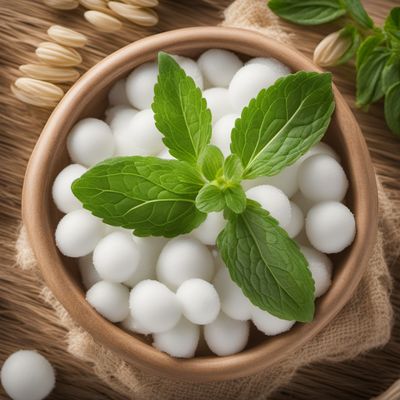
Steviol glucoside
The Natural Sweetener of the Future

Sucralose
The Sweet Secret

Neotame
The Sweet Secret: Neotame

Advantame
The Sweet Sensation: Advantame
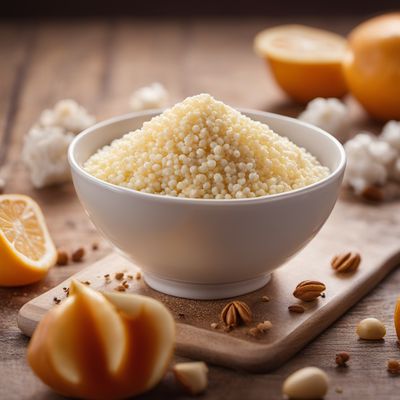
Cyclamate
The Sweet Side of Cyclamate
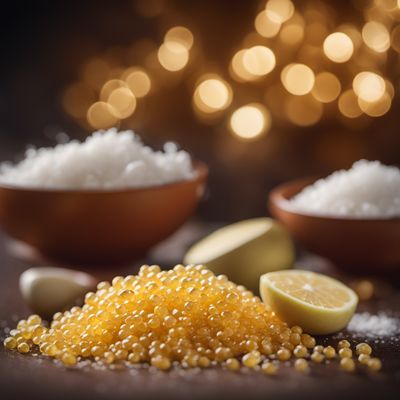
Neo-hesperidine
The Bitter-Sweet Marvel: Unveiling the Wonders of Neo-hesperidine
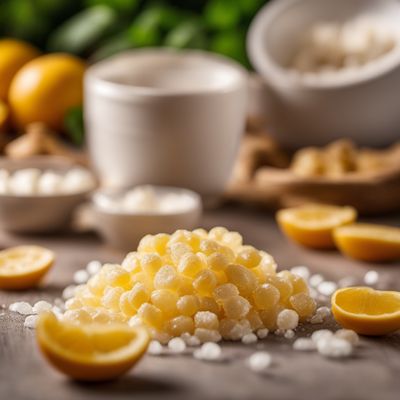
Acesulfame k
The Sweet Secret: Acesulfame K
